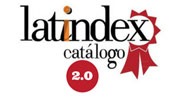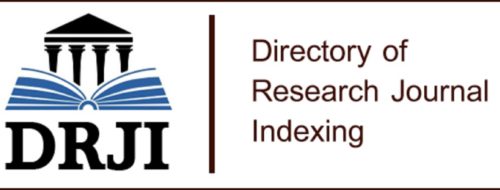ARTISAN FISHERY OF POMPANO (PEPRILUS MEDIUS, PETERS, 1869) IN MACHALILLA, ECUADOR
DOI:
https://doi.org/10.56124/claustro.v5i10.0052Keywords:
participatory management, fisheries evaluation, overexploitationAbstract
Artisanal fisheries are one of the main sectors that contribute to food security in Ecuador, thus being an important sector that must be properly ordered and managed. The objective of the study was to evaluate the pompano Peprilus medius fishery through an adaptive management approach. For this purpose, the Parfish method used in fisheries that lack the necessary information to implement management strategies was used. A questionnaire with two sections was carried out in which the perception and management preferences of the fishermen are analyzed. The data generated was recorded in the Parfish software where projections of CPUE, resource status, recovery time, and RMS were made. It was estimated that the pompano resource is overexploited with a 70% probability. The recovery time of the resource populations was calculated in 56 months and the MSY in 68 drawers per day per fisherman. It is concluded that the pompano resource is overexploited in the town of Machalilla and that it is necessary to take rapid management and control measures to reverse the current situation. It is recommended to strengthen the biological research on this species to strengthen the fisheries database and opt for consensual participatory management measures.
Keywords: participatory management, fisheries evaluation, overexploitation.
Downloads
References
Instituto Nacional de Pesca INP. (2008). ANÁLISIS DE LA PESQUERÍA DE PECES PELÁGICOS PEQUEÑOS EN EL ECUADOR (1981-2007). https://institutopesca.gob.ec/wp-content/uploads/2017/07/Peces-pel%C3%A1gicos-peque%C3%B1os-1981-2007.pdf
Jurado, V., Gilbert G., Ponce, G., Solís, K. (2019). Aspectos biológicos y pesqueros de Peces Pelágicos Pequeños durante 2019. Instituto Público de Investigación de Acuicultura y Pesca.
NAZCA, Instituto de Investigaciones Marinas. (2011). Value chain analysis of the main artisan fisheries in the Galera-San Francisco Marine Reserve.
Palomares y Pauly. (2019). On the creeping increase of vessels’ fishing power. Ecology and Society 24(3):31. https://doi.org/10.5751/ES-11136-240331
PNUD. Programa de las Naciones Unidas para el Desarrollo. (2019). Análisis causa raíz para la pesquería de peces pelágicos pequeños en Ecuador. Manta: Proyecto Cadenas Mundiales Sostenibles de productos del mar: Tercer producto. Coramir S.A.
SRP. Subsecretaría de Recursos Pesqueros. - Viceministerio de Acuacultura y Pesca (VAP)- Ministerio de Producción Comercio Exterior Inversiones y Pesca (MPCEIP). 2021. Plan de Acción Nacional y Manejo de la Pesquería de Peces Pelágicos Pequeños del Ecuador / SRP-VAP-MPCEIP. Manta-Manabí-Ecuador. 50 pp.
Walmsley, S.F., Howard, C.A. & Medley, P.A. 2005. Participatory Fisheries Stock Assessment (ParFish) Guidelines. London: MRAG.





4.jpg)









